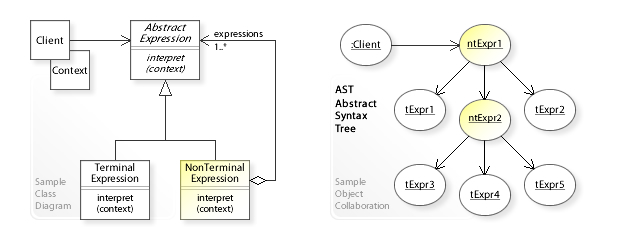Compilers and Languages
- Introduction to Compilers and Languages
- History of Programming Languages
- Language Design Criteria
- Basic Concepts of Programming
- Imperative Programming Paradigm
- Object-Oriented Programming Paradigm
- Functional Programming Paradigm
- Scripting Programming Paradigm
- Logic Programming Paradigm
- Modern Programming Languages
- Concepts of Compiler Design
- Advanced Compiler Design
Introduction to Compilers and Languages
Understanding Compilers: Definition, Role, and Operation

Program that executes source code without a separate compilation step.
What is a Compiler?
A compiler is a special program that processes statements written in a particular programming language and turns them into machine language or "code" that a computer's processor uses. It is essentially a translator, taking the high-level language that humans understand and converting it into the low-level language that machines understand.
The Role and Purpose of Compilers
The primary role of a compiler is to transform code written by developers in high-level programming languages like Python, Java, or C++ into a form that can be understood and executed by a computer. This transformed code is typically in a low-level language such as assembly language or machine code.
Compilers are crucial in programming because they allow software to be written in a language that is human-readable and full of symbolic representations, and then convert that into a form that can be directly executed by a computer. This makes the process of programming more efficient and less prone to error.
Compilers, Interpreters, and Assemblers: What's the Difference?
While compilers, interpreters, and assemblers all serve the purpose of translating one form of code into another, they do so in different ways and at different levels of abstraction.
-
Compilers translate high-level language into machine code in one go, creating an executable file that can be run independently of the original program. This process involves several stages, including lexical analysis, syntax analysis, semantic analysis, optimization, and code generation.
-
Interpreters also translate high-level language into machine code, but they do it line by line, executing each line as it is translated. This means that the original program must be present for the code to be executed, and errors can be caught and addressed as they occur.
-
Assemblers operate at a lower level, translating assembly language (a low-level language with a strong correspondence between its instructions and the architecture's machine code instructions) into machine code.
Basic Structure and Operation of a Compiler
A compiler typically operates in several stages, each of which transforms the source program from one representation to another:
-
Lexical Analysis: The compiler breaks the source code down into its smallest units, known as tokens.
-
Syntax Analysis: The compiler checks the tokens for correct syntax, grouping them into hierarchical structures that show how the tokens relate to each other.
-
Semantic Analysis: The compiler checks the structures for semantic correctness, ensuring that the components of the program can logically do what the source code indicates.
-
Optimization: The compiler optimizes the code to make it more efficient, eliminating unnecessary instructions and streamlining the remaining ones.
-
Code Generation: The compiler translates the optimized code into machine language, creating an executable file that can be run on a computer.
By understanding the role and operation of compilers, we can better appreciate the process that allows us to write software in high-level languages and have it executed efficiently by a computer. This knowledge will also be crucial as we delve deeper into the design and operation of compilers in later units.